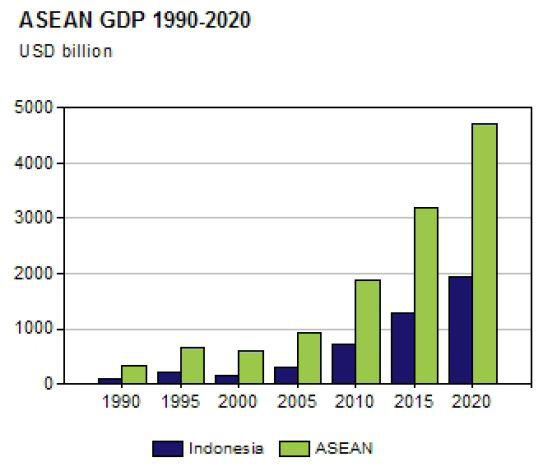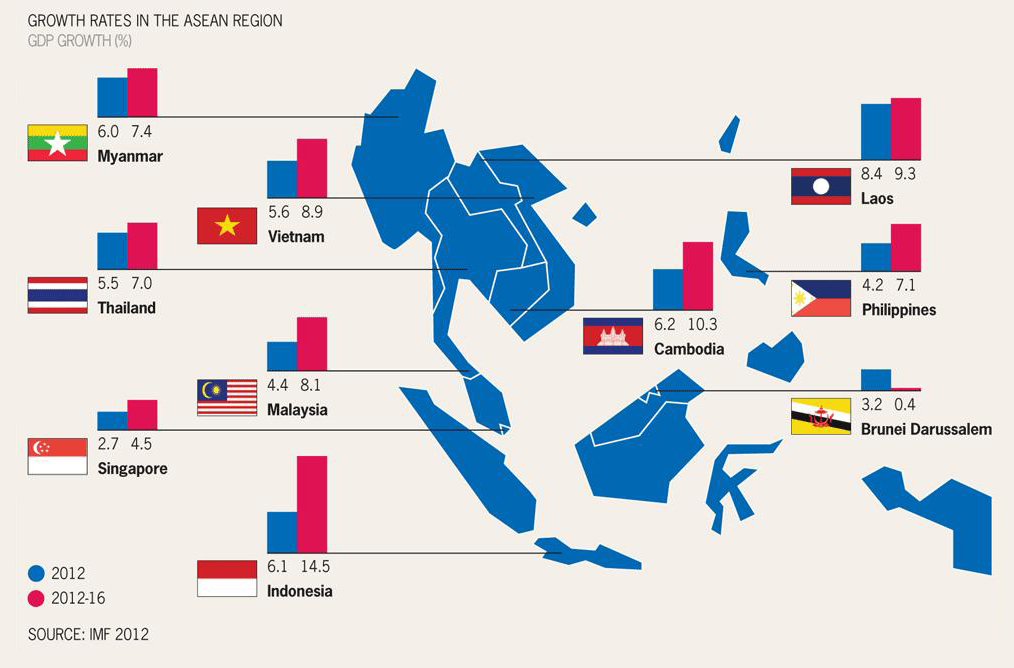Strong Recovery
Indonesia is On Track for a Strong Recovery.
The recent election that brought President Joko Widodo to power has taken Indonesia’s democracy to a new level. Popularly known as Jokowi, the new president is seen as a man of the people. This image, coupled with his pragmatic reform programs, has made him immensely popular in Indonesia.
President Jokowi carries the hopes of Indonesians for inclusive growth and prosperity, but he recognizes the road ahead will not be easy. He inherits a slowing economy, with GDP growth at a five year low of 5 percent during the third quarter of this year. Other macroeconomic indicators are also less encouraging. The current account deficit is stubbornly high at 3.1 percent of GDP due to continued weak exports, while the budget deficit has widened due to rising fuel subsidies and dwindling tax revenue. Moreover, the country’s infrastructure lags behind its neighbors, and income inequality has been rising.
Responding to these huge challenges, President Jokowi quickly introduced a number of key initiatives very early in his term. A new people-focused development agenda features a more effective way of channeling social assistance to the poor. To contain the budget deficit, he instructed all government agencies to cut spending on unproductive activities. Local governments were ordered to cut red tape and implement one-stop services for business licenses within one year. During recent trips abroad, President Jokowi announced that Indonesia is open for foreign direct investment, addressing lingering investor concerns about perceived increased nationalistic sentiment in the country.
The litmus test of his reform credentials came on November 18, after less than one month in power, when he raised fuel prices by Rp 2,000 (US$0.16) per liter, thereby bringing fuel prices close to market prices. This crucial step will significantly enlarge fiscal space available to address the country’s infrastructure needs and to support inclusive social programs.
But more importantly, investors see the fuel subsidy cut as proof of his ability to deliver the many difficult structural policy reforms needed to revive economic growth. Adjusting fuel subsidies has always been one of the toughest decisions facing Indonesia’s leaders; for President Jokowi to make such a bold decision so quickly, inspires confidence that he will be able to push reform in other sectors.
The next challenge is to accelerate infrastructure development in power, ports and irrigation, as well as social infrastructure in education to build up Indonesia’s human capital. Based on government estimates, the country will need to spend over $500 billion in the next five years.
Despite the fuel subsidy cut and various efforts to increase tax collection, the government will not be able to raise the required funds alone. It will need to invite participation of the private sector, state enterprises and development partners. Ideally, the government would focus on basic infrastructure, while the private sector develops those projects that are commercially feasible.
No less important than mobilizing financial resources is addressing regulatory uncertainties in infrastructure development. Recent changes to the negative investment list that allowed international investors to take a larger role in infrastructure projects are a positive step. However, on average, an infrastructure project still needs over 50 permits from various government agencies before construction can start.
The cumbersome permit requirements, together with problems related to land acquisition, have created risks and uncertainties that have delayed many key projects. We are confident the government will deal with these important issues soon, as it did with the fuel subsidy.
Later next year, Indonesia will enter the ASEAN Economic Community (AEC). How much it gains from the AEC will depend largely on the speed of domestic reforms to address key constraints: infrastructure, investment climate and human resources. If implemented quickly, reforms will enable the country to attract larger foreign direct investment to help diversify its sources of growth, create better jobs, transfer know-how and facilitate Indonesia’s integration into global production networks.
Progressive reforms will allow Indonesia — the largest economy and largest population in Southeast Asia — to benefit most from the AEC and to serve as the region’s main engine of growth.
As Indonesia faces up to these challenges, the Asian Development Bank (ADB) plans to significantly expand support to the country. In close consultation with the government, the ADB will develop its country partnership strategy for the next five years and stands ready to work with government to finance infrastructure and support key reforms.
During my brief visit here I have noticed a sense of urgency on the need for reforms. Indonesia has a long road ahead to fulfill its huge potential, but President Jokowi’s early record suggests he can get
the job done.
Source: Stephen P. Groff / Jakarta Post / Huffington Post



